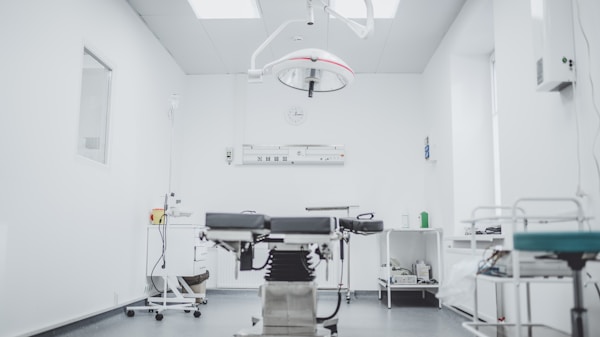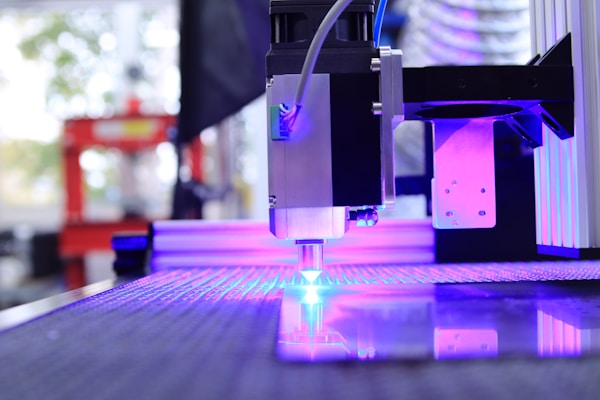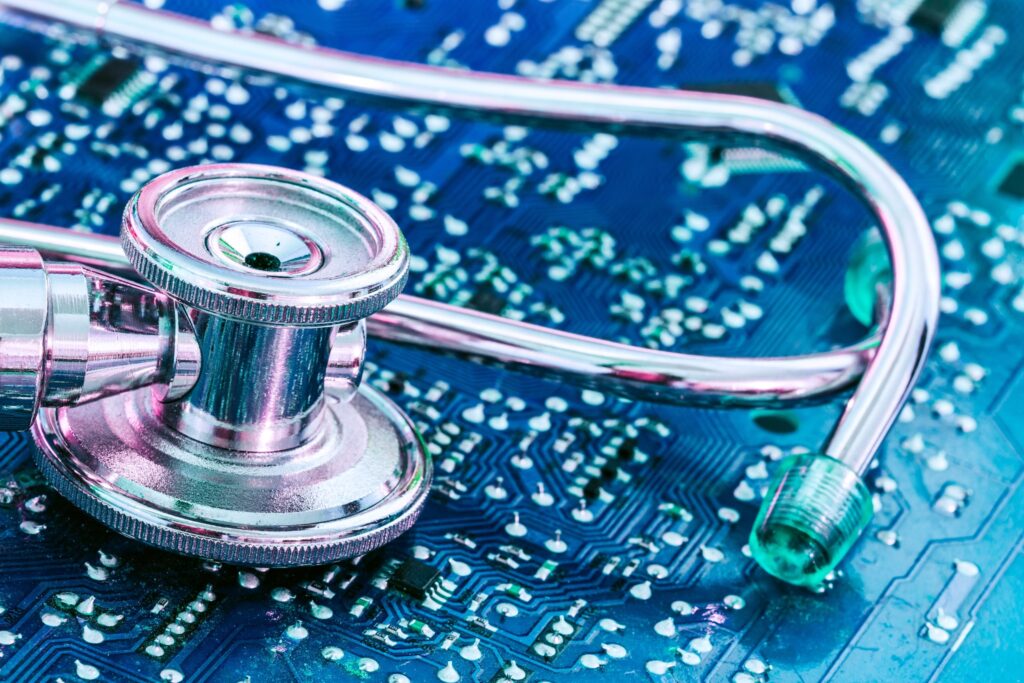From cutting-edge robotic surgery to 3D printing of medical implants and beyond, the medical world is on the cusp of a technological revolution. This article will explore the latest innovations in medical technology and how they are transforming the healthcare landscape. Keep reading to find out more.
AI-Informed Decision-Making
Advances in medical technology often come with the promise of improved patient outcomes, and AI-informed decision-making is no exception. The combination of data aggregation, workflow automation, and predictive analytics through cloud-based solutions, such as NyquistData, has made it possible for medical professionals to make informed decisions based on the most up-to-date information available. By combining data from different sources through data aggregation, medical professionals can gain a more comprehensive understanding of a patient’s health. Workflow automation is another key component of AI-informed decision-making. With workflow automation, medical professionals can streamline their processes and ensure that all steps of the process are completed accurately and efficiently. Finally, by combining data from multiple sources, such as medical records and patient histories, predictive analytics can be used to identify trends and anticipate future patient outcomes.
Robotic Surgical Systems

Robotic surgical systems are revolutionizing the way surgeons perform surgery, and are a major advancement in medical technology. Robotic surgery is a minimally invasive procedure that involves a robotic system to perform surgical operations on a patient. The system is made up of a robotic arm, a computer console, and a high-definition 3D camera. The robotic arm is controlled by the surgeon through the computer console, and the camera allows the surgeon to see inside the body in real time. Robotic surgery offers many benefits, including a reduced risk of infection, improved precision, and shorter recovery times. Robotic surgical systems can also be used to perform complicated surgeries that may not be possible with traditional surgery.
Nanotechnology
Nanotechnology is an exciting new technology that is revolutionizing the medical industry. It has the potential to change the way we think about and treat diseases, improve diagnosis and treatment, and even help us develop better therapies. Nanotechnology is a rapidly advancing field that is being used to create tiny machines and structures, as well as drugs and other treatments, that can be used to diagnose and treat diseases. Nanotechnology has the potential to revolutionize the medical field in a variety of ways. One of the most exciting applications is its ability to create targeted treatments for diseases. Nanotechnology can create tiny particles or devices that can be used to deliver drugs and other treatments directly to the areas of the body that need them. This targeted approach can help reduce side effects, increase the effectiveness of the treatment, and reduce the amount of medication that needs to be taken.
3D Printing

When it comes to medical applications, 3D printing is used to create customized medical devices, such as prosthetics, implants, and prosthetic limbs. In the past, medical devices were limited to off-the-shelf products that were often difficult to customize and expensive. 3D printing allows these devices to be created quickly and cost-effectively, and they can be tailored to the patient’s exact needs. 3D printing is also being used to create personalized treatments for cancer patients. By using a 3D printer, doctors can create personalized treatments based on the patient’s individual anatomy and physiology. This allows for more precise treatments that are tailored to the patient’s specific needs. Further, 3D printing is being used to create personalized medical devices, such as hearing aids, pacemakers, and prosthetic limbs. These devices can be created using 3D printing, allowing for faster production and more cost-effective solutions.
Overall, the latest innovations in medical technology have revolutionized the healthcare industry, providing more accurate diagnoses, more effective treatments, and improved patient outcomes. These advances have enabled healthcare providers to become more efficient and better equipped to handle the ever-increasing demands of modern healthcare. These developments have been instrumental in improving the quality of healthcare, and they will continue to play an integral role in the future of medical treatment.





